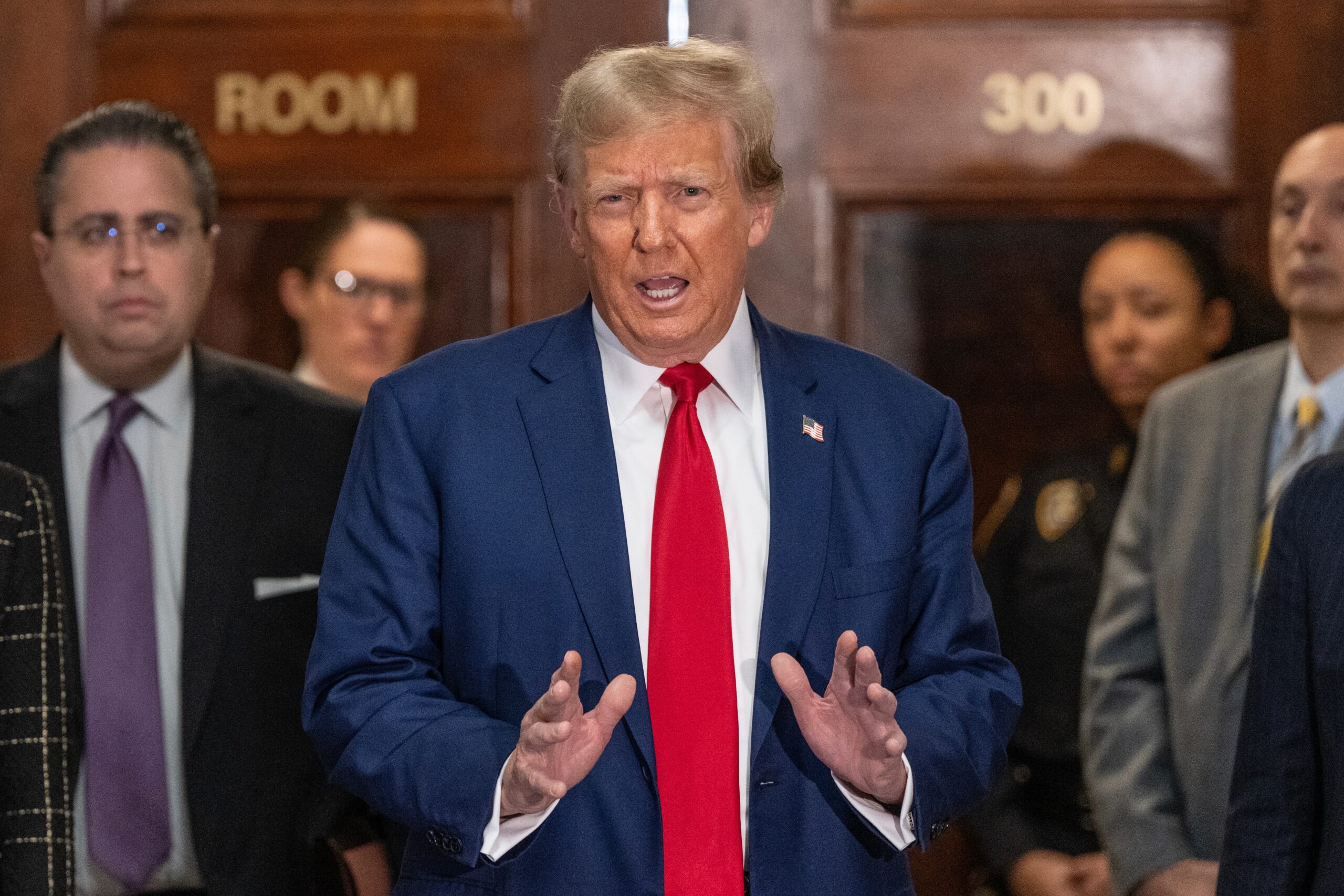Hollywood REVOLT – Trump’s New Plan!

Adam Carolla throws his support behind Donald Trump’s controversial film tariff proposal that could bring Hollywood production back to America.
At a Glance
- Adam Carolla supports Donald Trump’s proposal for a 100% tariff on films produced outside the U.S.
- Carolla believes the tariff could revitalize Hollywood and bring film production back to Los Angeles
- Rising taxes and costs have driven film projects to Canada and Europe according to Carolla
- He criticizes Hollywood’s double standards of advocating for fair wages while moving production abroad
- The comedian argues that making domestic production cost-effective will bring the industry back to America
Carolla Champions Trump’s Film Tariff Plan
Comedian and podcaster Adam Carolla has publicly endorsed President Donald Trump’s proposal to implement a 100% tariff on films made outside the United States. The tariff plan aims to address what many industry insiders see as a significant problem: American film productions increasingly moving overseas due to lower costs. Carolla’s support comes at a time when many in Hollywood have watched their industry gradually migrate to international locations, taking jobs and economic benefits with it.
The high costs of production in Los Angeles and other American film hubs have created a situation where producers find it financially advantageous to film in countries like Canada, where tax incentives and lower labor costs provide significant savings. This exodus has affected not just actors but thousands of crew members, technicians, and support staff who traditionally depended on domestic film production for their livelihoods.
Hollywood’s Exodus and Double Standards
Carolla specifically called out what he views as hypocrisy within the entertainment industry. He points to an industry that publicly advocates for fair wages and worker protections while simultaneously moving productions to locations where they can minimize labor costs. This contradiction has become more apparent as production companies continue to chase tax incentives and cheaper labor markets abroad despite public statements supporting American workers.
The comedian’s criticism resonates with many in the industry who have watched Los Angeles transform from the undisputed center of global filmmaking to just one of many production hubs worldwide. The cultural impact of this shift extends beyond economics, affecting the creative ecosystem that made Hollywood the entertainment capital of the world. Trump’s proposed tariff represents a dramatic intervention to reverse this trend.
Economic Impact and Industry Reaction
Supporters of the tariff plan, including Carolla, believe it could fundamentally alter the financial calculations that drive production decisions. By making it prohibitively expensive to bring foreign-produced films into the American market, domestic production would become comparatively more attractive. This economic realignment could potentially revitalize production in cities like Los Angeles and New York that have seen steady declines in filming activity.
The proposal has generated mixed reactions across the industry. While some producers and studio executives express concern about potential retaliatory measures from other countries and disruption to international co-productions, labor unions representing film crews have shown more enthusiasm. The International Alliance of Theatrical Stage Employees (IATSE) and Teamsters Union members have been among the hardest hit by production flight and could stand to benefit significantly if more projects returned to American soil.
Long-term Vision for American Filmmaking
Carolla’s advocacy for the tariff reflects a broader vision of rebuilding America’s production infrastructure. The comedian argues that by creating economic incentives that favor domestic production, the proposal could not only bring back jobs but help maintain Hollywood’s cultural significance. This perspective aligns with wider economic nationalism that prioritizes American manufacturing and production across multiple industries.
Whether Trump’s proposed policy will become reality remains uncertain, but the conversation highlights the significant challenges facing America’s entertainment industry. As production continues to globalize, the question of how to maintain domestic film industries becomes increasingly important not just for Hollywood, but for national economies worldwide. Carolla’s vocal support adds another prominent voice to a debate that touches on issues of trade policy, cultural production, and economic opportunity.
























